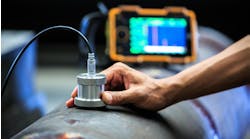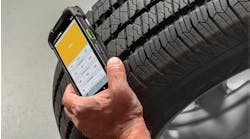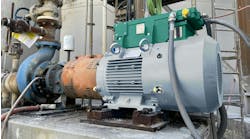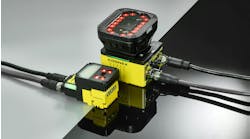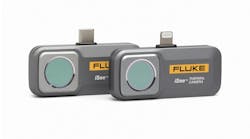A new forging line described as “the world’s most advanced” is planned by thyssenkrupp in Homburg, Germany, with unnamed customers already committed to long-term contracts for the commercial vehicle axles it will produce. Construction for the new forging line — an €80-million (est. $89.7 million) capital investment, according to the manufacturer — will start early next year, with production of about 360,000 forgings per year to begin in 2021.
“Our customers have made a conscious decision to place their orders with our Homburg site in order to secure the reliable supply of these specialized parts in Europe in times of international customs risks and rising logistics costs,” according to Dr. Alexander Becker, CEO of thyssenkrupp Forged Technologies.
While thyssenkrupp plans to construct a new, roughly 12,000-sq.m. plant to house the operation, the 10-meter high closed-die press will be designed and built by Schuler AG.
More specifically, Schuler reported that the 16,000-mt machine will be designed by its Farina subsidiary, describing it as “one of the world’s largest mechanical systems of its kind.”
Farina, which Schuler acquired early last year, previously supplied thyssenkrupp with a 4,000-mt forging press from its GLF series, though the new design will be four times more powerful, it emphasized. The new machine will be assembled by Schuler at its manufacturing operation in Erfurt, Germany.
“The main press of the new forging line will be the world’s first eccentric press of this size, capacity and output to go into operation,” stated Dr. Franz Eckl, COO of the thyssenkrupp Forged Technologies business unit.
Eccentric forging presses deliver force that is derived from a circular motor device, with a mechanism that converts the motor’s circular motion into a linear stroke. Such an arrangement may allow for a larger working envelope that promotes better placement, lubrication, and service of forging dies — including by automation systems that perform die and die-holder changes.
Some of the other advantages of eccentric forging press design are longitudinal rigidity and minimal ram tilting, contributing to high forging precision, and fast stroke rates that correlate to high productivity.
The thyssenkrupp Forged Technologies business was established in 2017 by consolidating the former Forging & Machining and Undercarriages businesses. It produces various component parts for automotive, construction machinery and general engineering applications, and it operates 50 closed-die presses at 17 sites worldwide.
The Homburg plant already forges crankshafts for automotive customers, and adding production of truck front axles will establish a new market for the company — one that thyssenkrupp noted is “powertrain-independent and will continue to be needed even when e-mobility starts to make greater inroads into the transportation sector.”
“In addition to front axle systems this forging line also will be able to produce crankshafts and other forged parts as required,” Eckl reported.
thyssenkrupp’s forging business employs around 7,500 people, and the new operation will add about 70 more workers to the 750-person workforce at Homburg, Germany.
